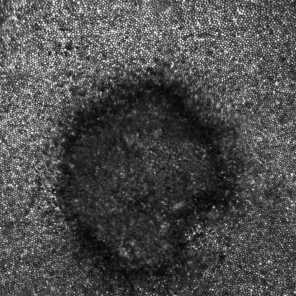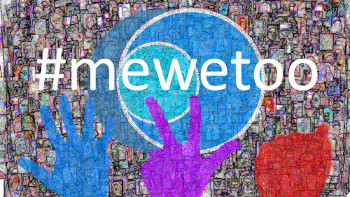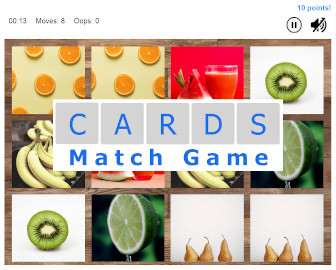After looking at solar eclipse, woman has crescent-shaped blind spot on her eye
The issue was borrowing a pair of eclipse glasses that turned out to be fake, not providing the proper protection for her eyes. As 26-year-old Nia Payne told TODAY, "The glasses seemed normal and I looked at the sky. I looked like everyone else”. 30 seconds of looking at the solar eclipse and about 6 hours later she noticed a black spot had formed in the middle of her left eye.
"I knew immediately that something was completely wrong," Payne said.
When she woke in the morning, she still couldn’t see anything in the center of her left eye. "It looks like an invisible spot,” she said.
The doctors at the New York Eye and Ear Infirmary of Mount Sinai diagnosed her with solar retinopathy - damage caused to the retina by solar radiation.
"The suns rays … damage the layers that actually uptake the light to the brain," said Dr. Avnish Deobhakta, a retina surgeon at the New York Eye and Ear Infirmary of Mount Sinai, and author of a recent case study about Payne in JAMA Ophthalmology. "It's almost like (the blind spot) is branded in that retinal area."...
Payne's cells appeared to be damaged in the shape of the eclipse she witnessed. "We were able to see the crescent in New York City and that crescent was the exact pattern of damage," Deobhakta said.
For now, there aren't any treatments for the condition.
For Payne, it's been an emotional few months. "My eyes will never be the same," she said. "I used to have 20/20 vision. I guess I took that for granted."
But, she takes heart in knowing her case is helping experts better understand solar retinopathy.
And, despite losing some of her vision in one eye, Payne says she still looks forward to seeing future eclipses — using safety-tested eclipse glasses she obtains herself.
“I still want to see a full eclipse,” she said. “It was an amazing experience looking at it, even if it cost me my sight.”
(via TODAY, "After looking at solar eclipse, woman has crescent-shaped blind spot on her eye")



 Report a concern
Report a concern

 Add Comment
Add Comment



